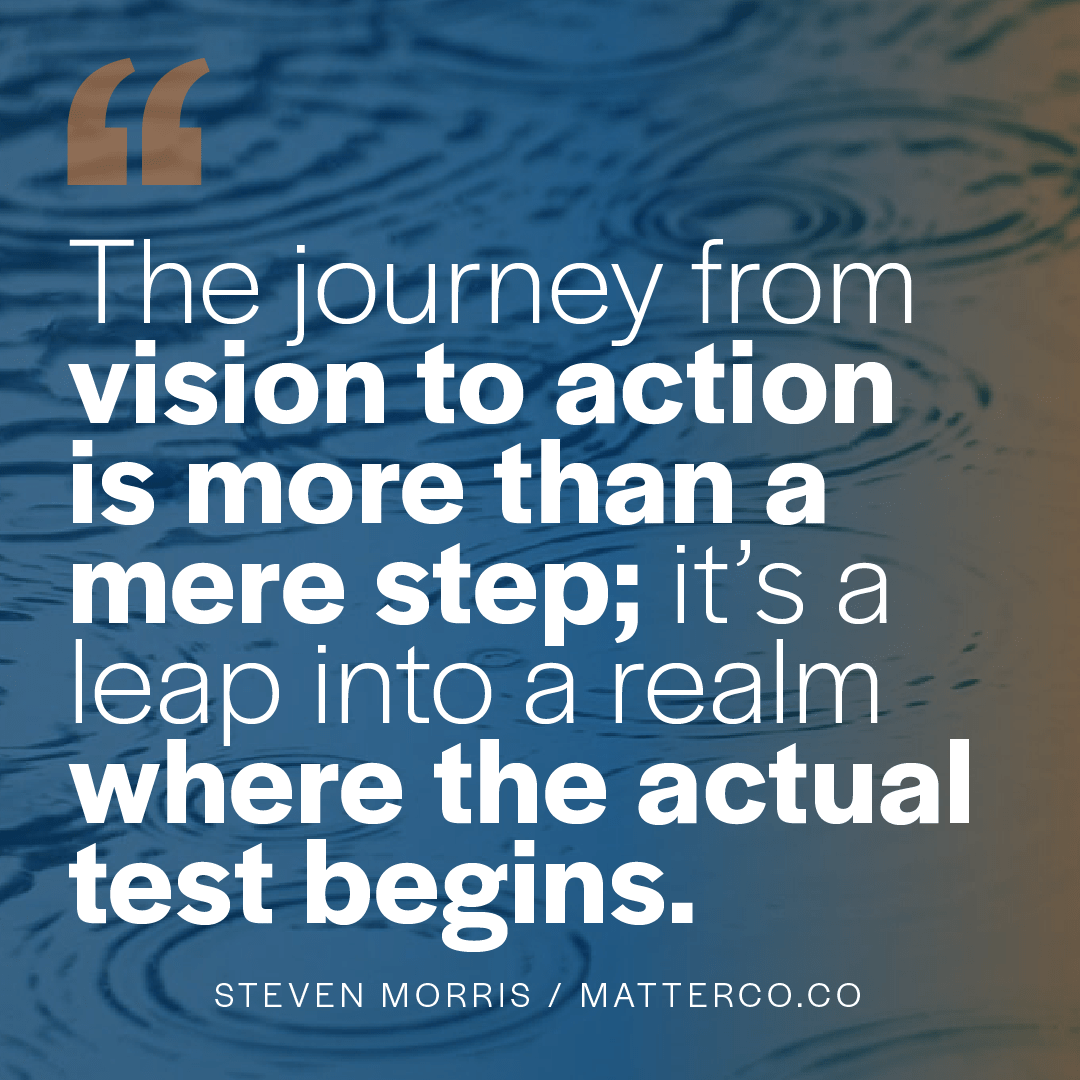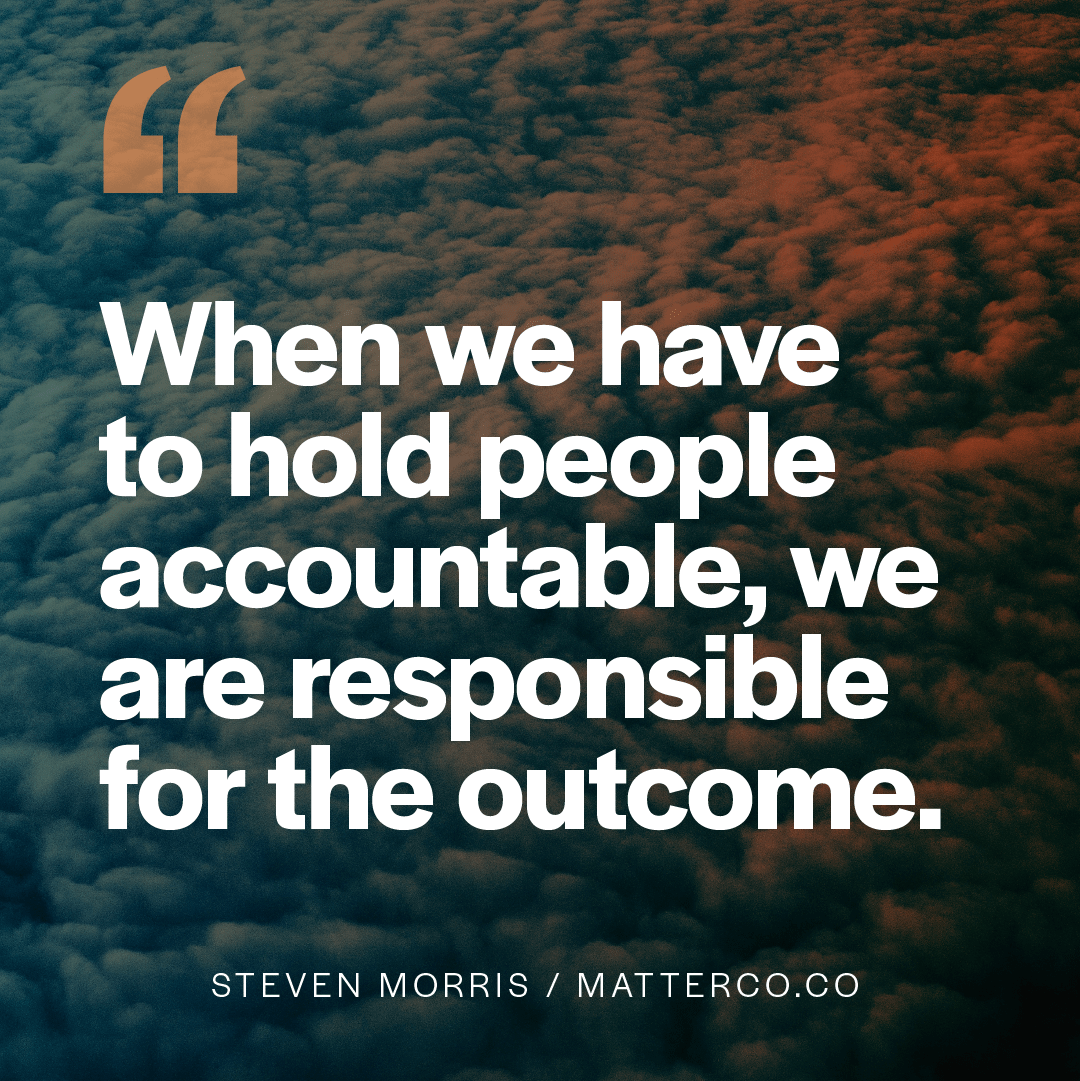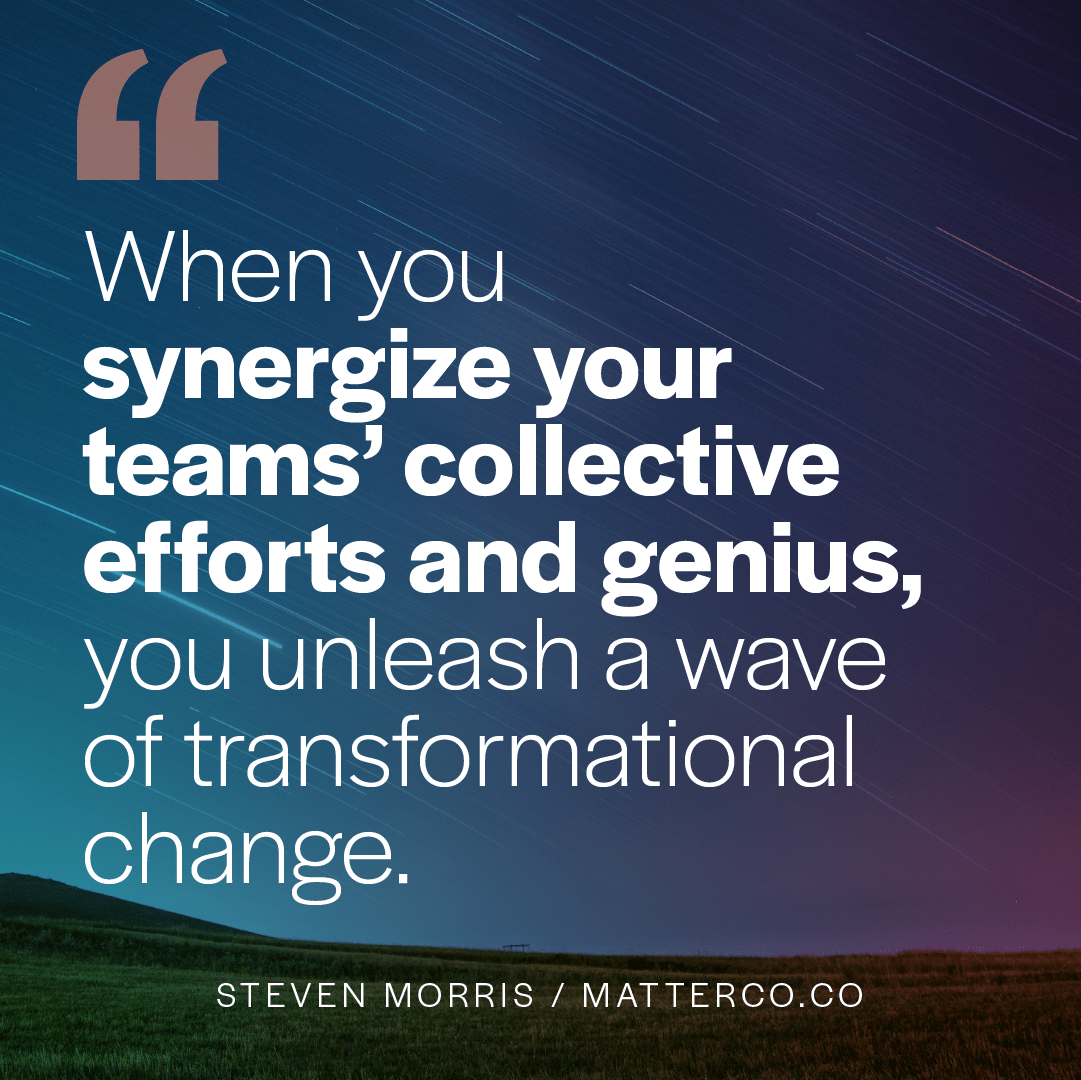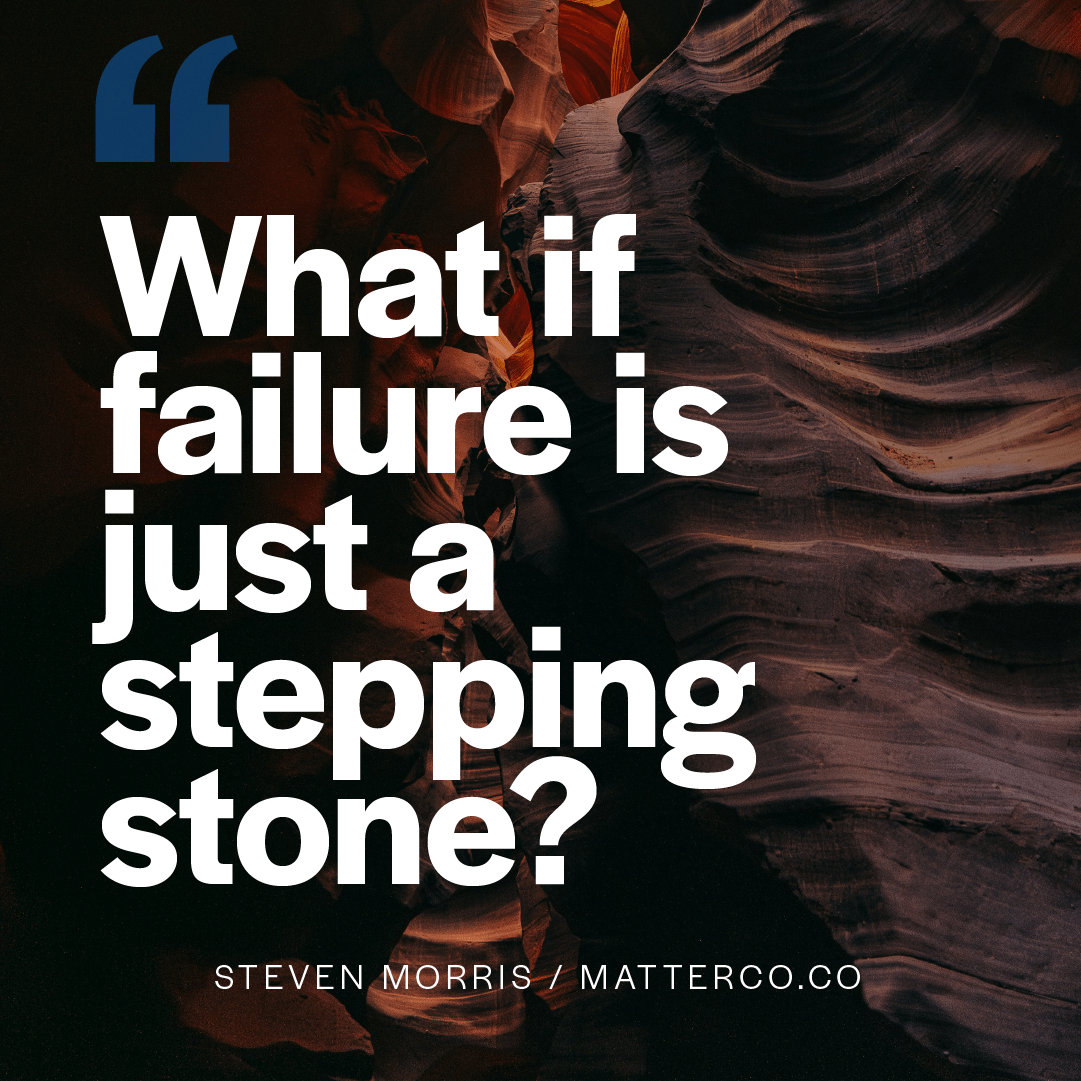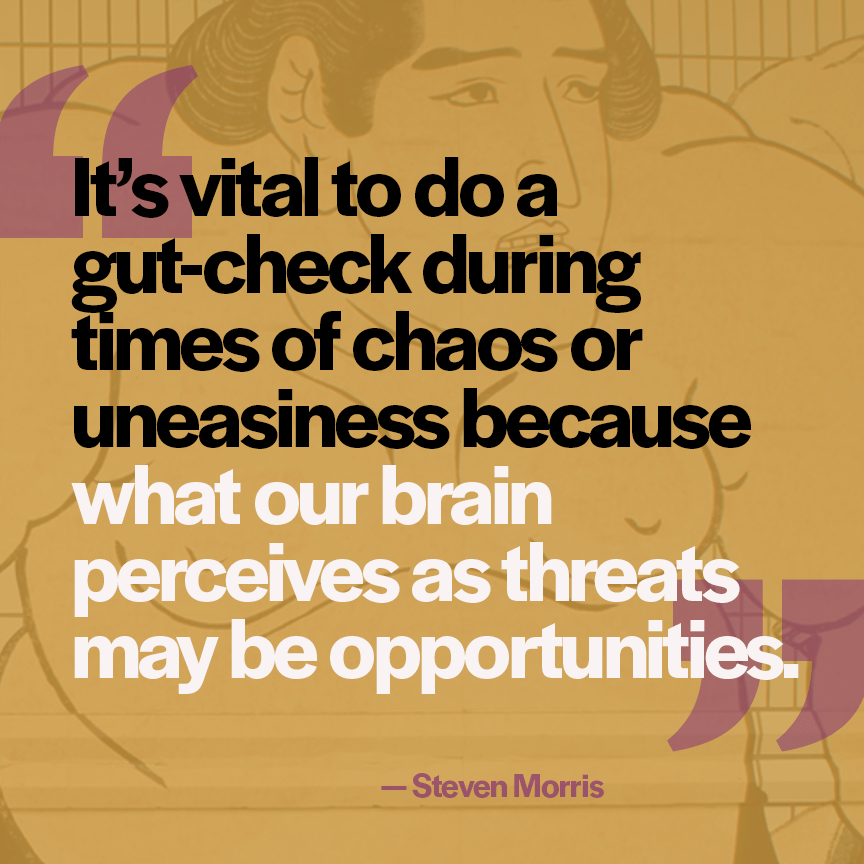
World’s Worst Business Advisor
By now, it should be common knowledge that bad news drives up news-media ratings. Crisis headlines, clickbait, linkbait, outrageous comments, or misleading titles are all designed to play on human fear. Those who scream that the “sky is falling” get ample media coverage.
This recipe has produced a frenzy: take the current pandemic fears; mix in the social-political and global conflicts; include an unhealthy dose of corporate, and celebrity scandals; mix it with a tumultuous political landscape; fold in our climate that brims with uncertainty; add an easy and addictive way to both share and scroll on a device that’s always with you, and… and Voilà! You get a mass media mess.
The media has a menu full of doom-and-gloom stories they force-feed to the public. The more implausible the message or headline, the more it will warp our sense of reality. This makes the fake seem real, and the real seem fake, which is a paradox we can’t quite wrap our heads around. As such, we give our attention to the things we can’t make sense of and spend more time trying to process it.
“The most powerful predictor of what spreads online is anger.”
― Ryan Holiday, Trust Me, I’m Lying: Confessions of a Media Manipulator
Why should anyone care about brands in times like these?
Because it’s during these times of transition that businesses simultaneously have the highest level of vulnerability and opportunity. Those responsible for building and running companies have more power than they may realize.
And those like me, who help brands, cultures, and businesses evolve, are playing with high stakes. More than ever, thanks to diminished trust in large institutions and government, people more are looking for belief-driven companies to lead the way to greater cultural morality.
Human nature causes us to be motivated more by what we may lose than what we have to gain. The problem is that the prospect of loss triggers a fight-flight-or-freeze reaction, which can lead to profoundly unproductive decisions.
As the saying goes, fear is a terrible advisor. It’s vital to do a gut-check during times of chaos, transition, or uneasiness because what our brain perceives as threats may be opportunities.
Giving your attention to underlying brand values and integrity in expressing those values are always critical disciplines. But, activating your integrity during times of transition can make the difference between whether your brand is vulnerable or getting stronger.
Approaches designed to help you.
Courage Under Fire.
In chaotic times like these, organizations need to delve deep into understanding your values and rediscover your center. Companies in transition must take time to shore up their brand and culture by defining and activating their values – internally to your culture and externally to your audience. This will give your employees the confidence to understand their role, guidelines to encourage aligned actions and decisions, and assurance to your audience that you are there to serve them: their needs, wants, and desires.
The Value of Integrity.
While reconnecting with authentic values is a crucial first step, it’s only as valuable as the integrity with which your brand is expressed in every encounter. Countless businesses pour resources into expensive advertising, style-driven “look & feel” and ignore the customers’ experience. Worse, companies sometimes get so side-tracked by external pressure that they force employees to abandon their own internal compass to achieve results that have nothing to do with company beliefs or customer value. Wells Fargo, Volkswagen, and Uber, for instance, are all still trying to recover from recent scandals or misdoings.
Mining the Opportunities.
Radical self-inquiry is the process in which you work on your most intrinsic motivations and activate them into the confidence-giving territory. This is the same for a person as it is for a company. Great brands know their game and play only that game. Confidence comes from the deeply held beliefs that allow you to hold to your center through the toughest of times.
The uncertainty of our world brings tests that are often difficult to anticipate and frequently out of your control.
Organizational cultures that commit to defining, understanding, and living with a centered awareness of their identity navigate through challenging times with poise and assurance. This allows organizations to capitalize on chaos and turn it into a creative platform on which to innovate. Through the calm center of a storm, thoughtful leaders see the opportunities that fear inhibits.
When a company resists the urge to react too drastically to external influences and acts from its integrated center, it demonstrates to the world that it is a value-centered brand.
The opportunity to innovate and accelerate during times of chaos, change, and transition comes only through the threshold of deeply known beliefs. And when you know your beliefs, you have the conviction to act on them, and them alone.
Napoleon said, “The role of the leader is to define your reality and give hope.”
Defining your reality starts with a deep understanding of what you believe, who you are, and who you serve. During these times, when the media is fueling the fire of fear, fear not. If you know your brand values, you will continue to make decisions from the power center of your knowing.
If you find that the heart rate of your culture is palpitating, do a gut check and ask yourself: are you reacting to the world of hype around you, or are you acting from the best interest of your people and purpose?
If you want a more trusting team, a culture of belonging or a magnetic brand that attracts more of the right customers, I can help. If you'd like to explore if working together makes sense, drop me a line.




